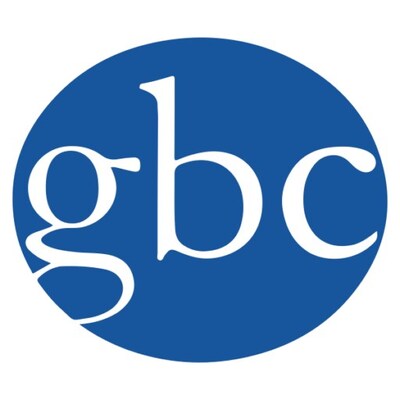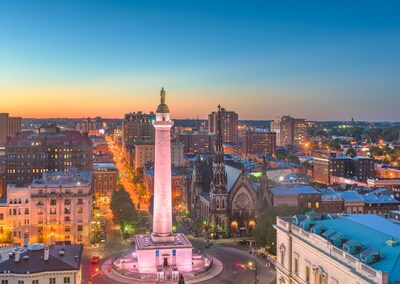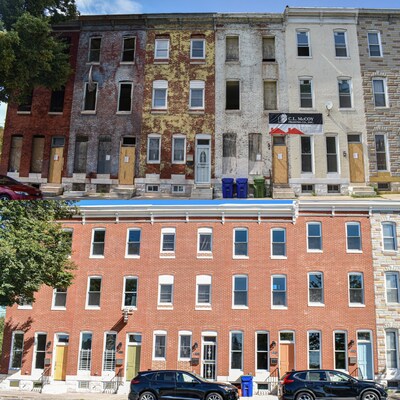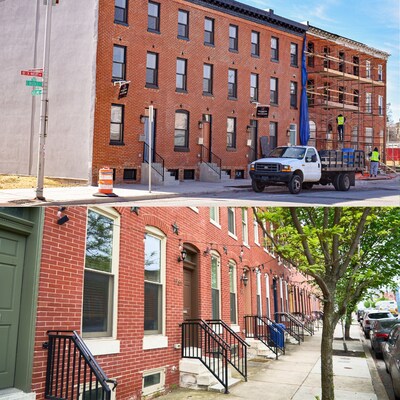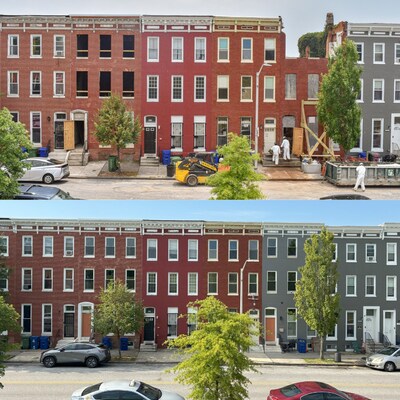15-year plan aims to eliminate tens of thousands of vacant properties, restore neighborhood housing markets—making it the largest community investment initiative in the city’s history
BALTIMORE, Sept. 24, 2025 /PRNewswire/ — Amid a growing national housing shortage, Baltimore is leading the nation’s most ambitious housing redevelopment program – supported by $1.2 billion in public investment commitments – and is aiming to leverage an additional $5 billion in private-sector financing, according to the Greater Baltimore Committee (GBC). This comprehensive, 15-year strategy will initially revitalize more than 37,000 vacant or at-risk properties, tipping market conditions for private development across an additional 33,000 houses and lots.
“This initiative demonstrates the strength and alignment of our region in addressing vacancy at scale,” said Mark Anthony Thomas, president of the GBC. “As a core economic development priority, the public dollars committed to this effort are designed to catalyze significant private-sector investment, grow our population, and strengthen neighborhoods. By bringing together civic leadership, private capital, and community partners, Baltimore is setting a new national benchmark for city revitalization.”
Unlike programs focused on single buildings, Baltimore’s strategy addresses vacancy at the block level—recognizing that housing stability, neighborhood vitality, and quality public spaces go hand in hand. In addition to revitalizing homes, the intention is to align investments in infrastructure, commercial corridors, parks, and community spaces, taking a holistic approach to neighborhood renewal. The work is being led by the GBC, the Mayor’s Office, and BUILD Baltimore, and is being coordinated through Reinvest Baltimore, which Gov. Wes Moore established via executive order in October 2024.
“Baltimore is proving what’s possible when a city invests boldly in its future,” said Baltimore Mayor Brandon Scott. “With over a billion dollars in public funding, strong private-sector partnerships, and deep community engagement, we’re not just reducing the number of vacant homes—we’re transforming entire neighborhoods and creating lasting economic opportunity for our residents.”
To date, the effort has secured:
- $300 million from the City of Baltimore, including a first-of-its-kind affordable housing tax increment financing (TIF) program. This tool uses future increases in property tax revenue from revitalized areas to fund improvements today, accelerating redevelopment.
- $900 million from the State of Maryland, pledged over the coming years to support housing and neighborhood reinvestment.
Together, these commitments mark essential steps toward reaching $3 billion in public funding over the next 15 years.
“We’re committed to transforming Baltimore’s neighborhoods by addressing vacancy with urgency and precision,” said Secretary Jake Day, Maryland Department of Housing and Community Development. “We’re not just filling empty houses—we’re building stronger, safer, and more connected communities through collaboration at both the local and statewide level.”
Public Financial Management Systems (PFM), a national consulting firm that advises governments on fiscal strategy, projects more than $7.3 billion in economic value from the program over the next 30 years, driven by increased tax revenue, job creation, and rising property values. The plan for private sector investment, developed by Forsyth Street Advisors, suggests multiple funding structures, including innovative tools like shared-appreciation mortgages and scattered-site rental loans for small developers. PNC, Bank of America, JPMorganChase, and T. Rowe Price are already engaged in the effort, and GBC is leading the development of a strategy to secure additional private-sector commitments through a new family of funds.
This week, GBC issued a Request for Information (RFI) to find a partner to design a private capital strategy that directs funds to support this mission. GBC and its partners aim to mobilize capital through a structured set of investment vehicles that align with both market realities and public priorities.
Baltimore’s approach builds on the proven success of ReBUILD Metro in East Baltimore, which focused on whole-block revitalization. Over the last two decades, ReBUILD Metro has invested over $125 million in East Baltimore, remediating over 500 vacant properties and lots into new homes and assets – reducing vacancy by over 90% in the first two focus areas and substantially increasing both neighborhood population and average home values, without displacing existing residents. Originally funded through philanthropic support, the program is now scaling with state funds, providing a tested model for this citywide effort.
About the Greater Baltimore Committee
The Greater Baltimore Committee (GBC) is the leading economic and civic organization for the Baltimore Region, providing insightful economic and civic leadership to drive collective impact. GBC is powered by more than 300 private sector partners, including large, mid-size, and small companies; nonprofits; foundations; and educational and healthcare institutions, the GBC is dedicated to fostering the prosperity of the Greater Baltimore region. Founded in 1955, the GBC merged in 2022 with the Economic Alliance of Greater Baltimore—an organization that marketed the region for business investments—and hired its first new leader in more than two decades. In 2024, GBC launched the “Bold Moves” initiative, a new economic brand designed to showcase the region’s ambition, innovation, and momentum in attracting business and talent to Greater Baltimore.
![]() View original content to download multimedia:https://www.prnewswire.com/news-releases/baltimore-advances-multi-billion-dollar-housing-redevelopment-program-302566105.html
View original content to download multimedia:https://www.prnewswire.com/news-releases/baltimore-advances-multi-billion-dollar-housing-redevelopment-program-302566105.html
SOURCE Greater Baltimore Committee


